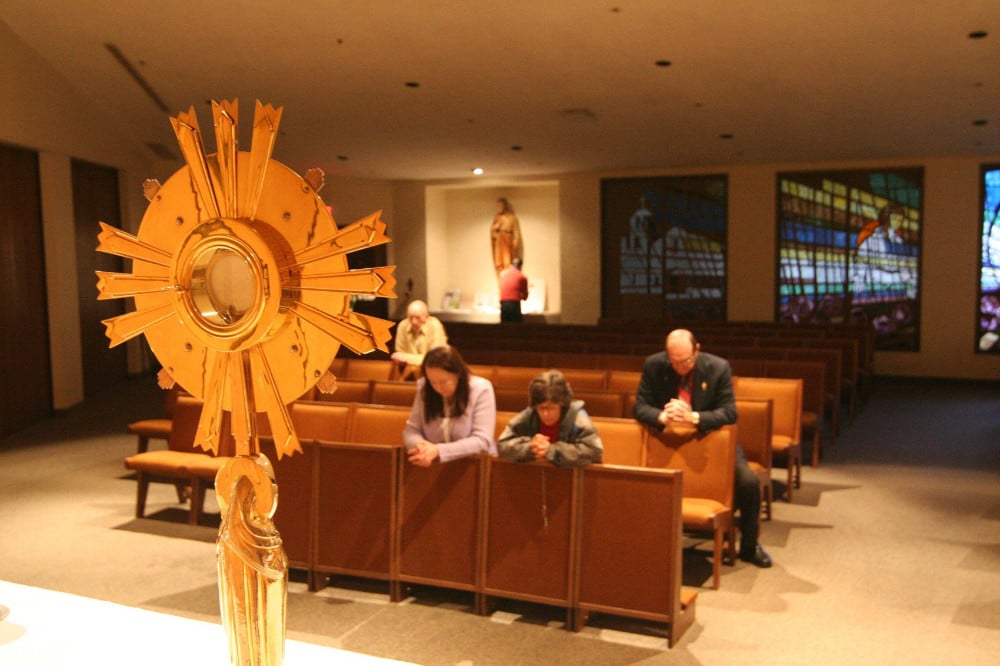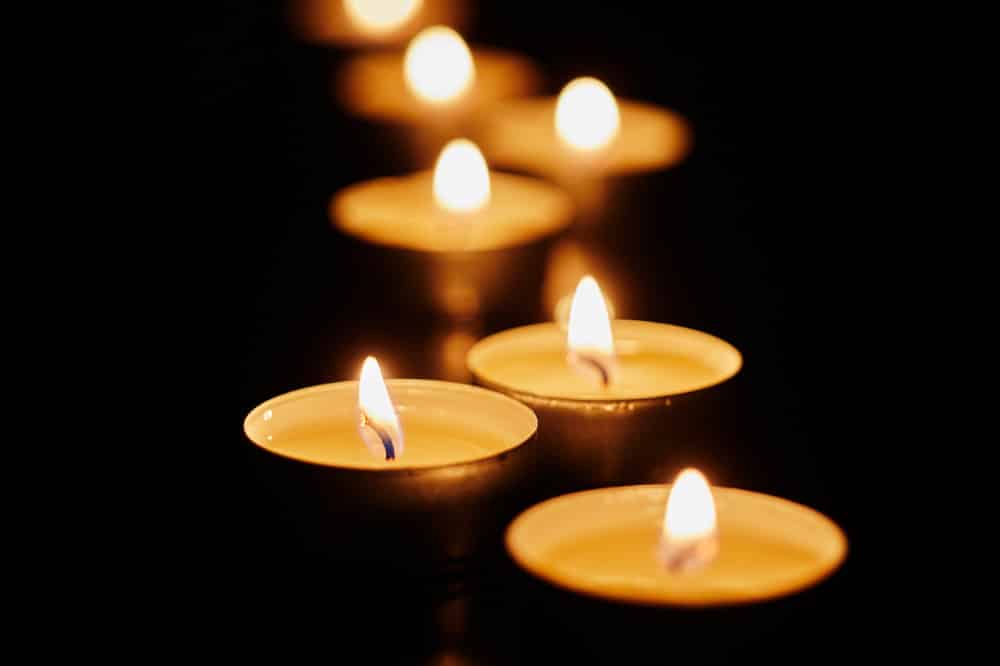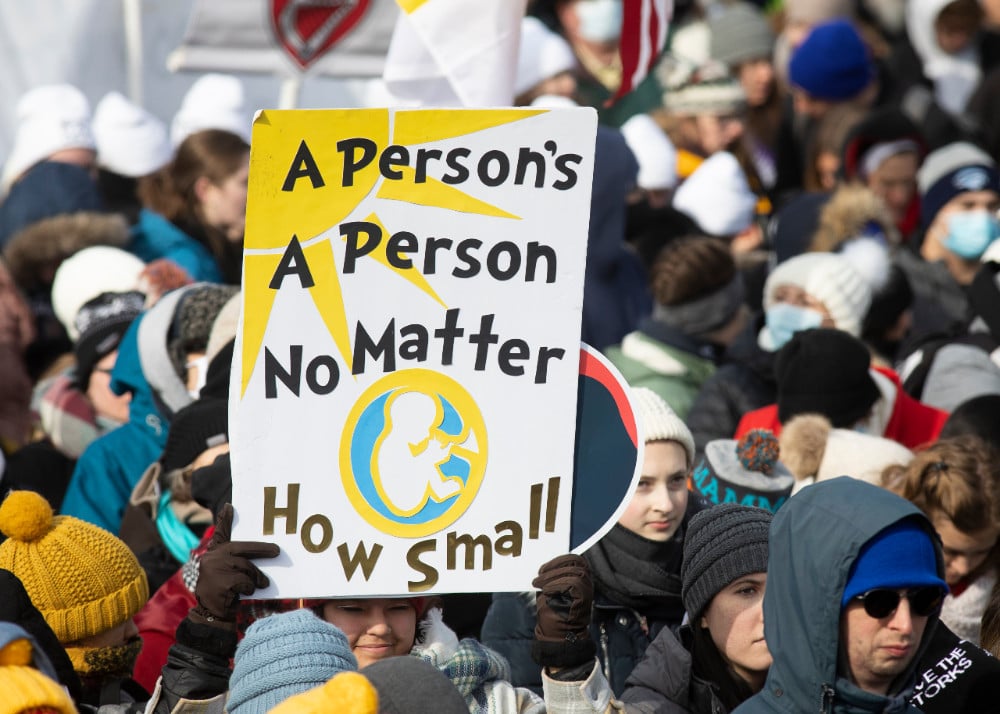He felt angry, really angry, all the time, my friend told me, responding to something I’d written about the way our government as well as businesses neglect the environment. I sympathized. Many of you will as well. Reading social media can do that, if you have friends who post lots of political items, especially if you have an ideologically diverse group of friends. So can most news and opinion sites, which drive up their readership by making their readers angry.
My friend, I and others talked about how to deal with these feelings. People suggested praying more, of course, which is always a good idea. Others suggested simply not reading as much of such things, because we don’t really need to know all that stuff to do what God’s given us to do.
Then Scott Richert, a friend as well as the publisher of OSV, also suggested my friend take a break from all that. Then he added advice none of us had thought of so clearly: spend time with the Blessed Sacrament.
Which is excellent advice. Except for the saintlier among us, who stay serene amidst all the world’s battles, we all need to redirect ourselves sometimes, probably often. The world presents a huge number of reasons to be angry, anxious, contemptuous, despairing and all the other things we shouldn’t be. The political errors of others give us reasons to look down on them, even despise them. I know the feeling well.
I used to think the response was to pray, repent of my wrong reactions, try to forgive the people who really needed forgiving and work harder to be serene. That was basically what the Christians I knew and read taught. Then I became a Catholic and added confession. Really angry? Felt contemptuous or hateful? Said something cutting or cruel? Get to confession and try to do better from now on. Which was not wrong, but not complete either.
The response to this understandable feeling of anger, I think now, after seeing only marginal improvement from going to confession and trying to do better, is forcing ourselves to see the deeper story or the bigger picture. We need to see the thing that puts those reasons to be so angry into context, and a context that counters them and gives us hope. To try to see events as God might see them. Which is not so easy if we do it only a mental exercise.
The Blessed Sacrament focuses that deeper bigger vision into (or maybe I mean on) the body of Jesus a few feet from us. That host right there is — he is — the deeper story and the bigger picture. Not a symbol of or pointer to, but the Thing itself.
It helps me just to sit there sometimes, not praying or trying to gin up pious feelings, but just sitting with the Lord till I feel better and see more clearly the world as it truly is, and others as they truly are. Not just as knaves or villains doing bad things that make me angry, properly angry. But as people for whom Our Lord died, people fallen like the rest of us, and for all I know exemplary people in other ways.
It takes a while to feel, to see, that if Jesus is here, things will ultimately work out. He’s there because he loves us, and his love will not fail. It helps me to say an Our Father and Hail Mary, slowly and carefully, for the people affected by the event that’s made me angry. To do the same for the person who made me so angry. I see the event more clearly, in its complexity, and I therefore see it a little more as Jesus sees it.
Jesus in the sacrament before me, he calms the storms I feel about politics and the people I think are so wrong, the way he calmed the storm on the Sea of Galilee. He says to me a version of the questions he asked of the disciples: “Why are you so angry? Do you have no faith?”
One of the Church’s great attractions to me was the fact that Jesus was always just around the corner. But the teaching I got about the Blessed Sacrament was either very pious in a way that did not work for me or very directive and demanding in a way that did not work for me either. I was supposed either to be rapt in adoration with my hands clasped in front of my chest or working really hard to connect.
Fortunately, various friends and books told me about just sitting with Jesus, hanging out. Don’t force it, they said. It’s comforting, healing, encouraging, restful — and also challenging — just to sit with Jesus. I don’t think anyone said it could transform my anger at events and my feelings for people I think very wrong. But it does.
David Mills writes from Pennsylvania.







